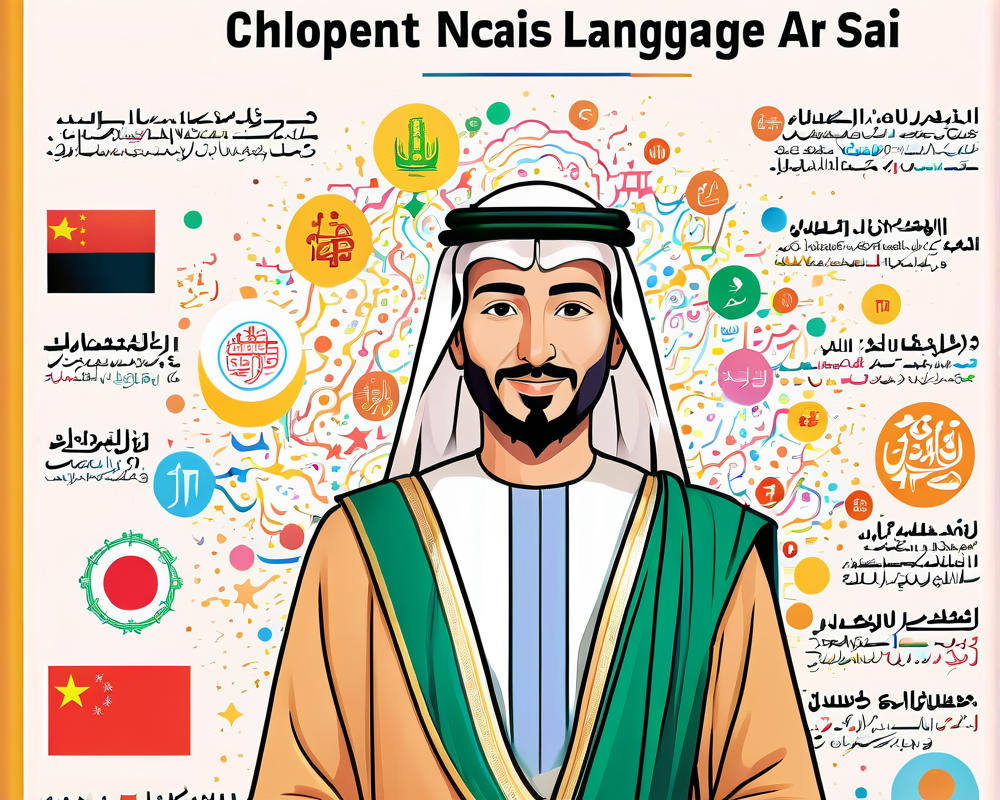A New Dawn for Arabic Language Processing
The world of artificial intelligence gets a fresh twist with the unveiling of a new Arabic-focused language model aptly named AceGPT. This brainchild of King Abdullah University of Science and Technology (KAUST) and its partners from China seems poised to take on the linguistic landscape head-on.
Collaboration Across Borders
In an impressive display of international teamwork, KAUST has teamed up with the Chinese University of Hong Kong, Shenzhen, and the Shenzhen Research Institute of Big Data. Together, they have conjured up this innovative AI assistant designed specifically for Arabic speakers. It’s like a cultural fusion dish, but instead of food, it’s all about processing language!
AceGPT: What’s Cooking?
AceGPT is based on Meta’s Llama 2 model, sprightly designed to respond to questions and queries in Arabic. However, the fine print warns of its limitations in handling other languages—so, if your query is in English, chances are there won’t be much of a party!
Safety First – Kind Of…
The development team is very much aware of the potential for misuse, such as spreading false information or mishandling sensitive data. While they’ve embedded some safeguards, they’ve also issued a friendly yet alarming reminder: “We have not conducted an exhaustive safety check… users should exercise caution.”
Saudi Arabia: Aiming for Leadership in Tech
What motivated this ambitious project? Well, Saudi Arabia is not just watching the AI revolution unfold; it’s jumping into the fray. In recent months, we’ve seen partnerships with various tech giants aimed at positioning the country as a leader in emerging technologies. From collaborating on blockchain gaming to aligning with metaverse aspirations, the Arabian nation is shaking things up!
Regulatory Whispers from the West
Amid these tech-driven maneuvers, an interesting development from the United States has emerged. AI chip makers like Nvidia and AMD faced regulatory nudges to curb exports of their chips destined for specific Middle Eastern countries, raising eyebrows and questions about the future of tech collaboration in the region.
Final Thoughts
AceGPT marks a significant stride towards integrating AI with regional languages, particularly Arabic. It seems that as countries pursue the digital frontier, more joint ventures like this one will pop up, highlighting creativity and innovation—even if there are a few bumps (or bugs) along the way!




